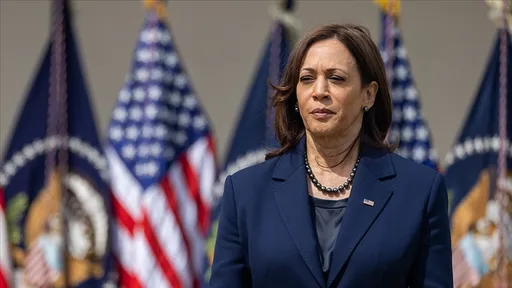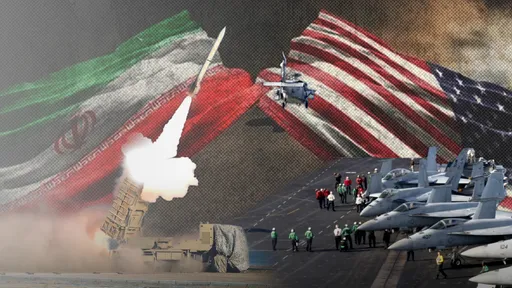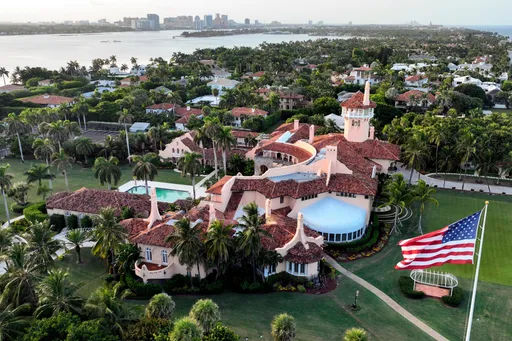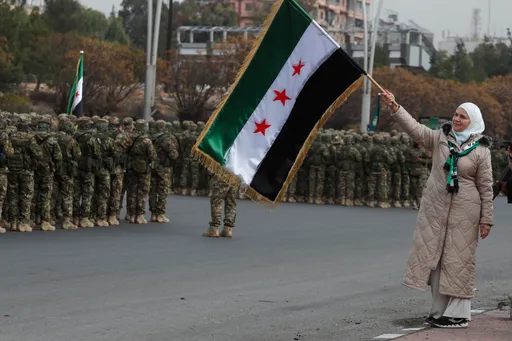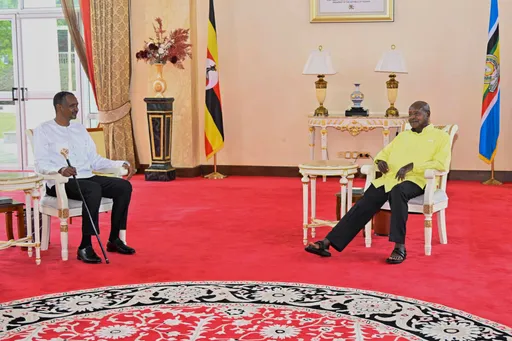Iran's President Hassan Rouhani has said the country's decision to boost uranium enrichment to 60 percent was a response to arch-foe Israel's "nuclear terrorism" against its Natanz facility.
Tehran starting advanced centrifuges and producing more highly refined uranium "is a response to your malice," Rouhani said in a message aimed at the Jewish state.
"What you did was nuclear terrorism," he said in televised remarks, referring to a blast early on Sunday that knocked out electricity at its main nuclear facility in central Iran. "What we do is legal."
Israel has neither confirmed nor denied involvement but public radio reports in the country said it was a sabotage operation by the Mossad spy agency, citing unnamed intelligence sources.
Rouhani noted that Iran's security bodies were yet to provide a final report but that the incident appeared to be "Zionists' crime."
READ MORE:Iran vows retaliation as it blames Israel for 'nuclear terrorism'
'Breakout time' for atom bomb?
Iran's envoy to the UN's International Atomic Energy Agency, Kazem Gharibabadi, wrote on Twitter that preparatory steps to allow enrichment to higher purity had started and that "we expect to accumulate the product next week" from centrifuges at Natanz.
Iran's announcement of stepped-up enrichment has cast a shadow over talks in Vienna aimed at salvaging the 2015 nuclear deal between Iran and world powers that then US president Donald Trump abandoned three years ago.
The step will bring Iran closer to the 90 percent purity threshold for military use and shorten its potential "breakout time" to build an atomic bomb, a goal the Islamic republic denies.
Israel has often vowed it will stop Iran from ever building an atomic bomb, which it would regard as an existential threat.
It is strongly opposed to US President Joe Biden's efforts to revive what it regards as a flawed nuclear agreement between Iran and the UN Security Council's five permanent members plus Germany.
READ MORE:Iran rejects 'step-by-step' lifting of US sanctions
'E3' group concerned
Meanwhile, the United Kingdom, France and Germany — the 'E3' group of European powers — have expressed concern over Iran's decision.
"The governments of France, Germany and the United Kingdom (the E3) note with grave concern the announcement by Iran that it will start uranium enrichment up to 60 percent using advanced centrifuges as Iran communicated to the IAEA on 13 April," they said in a joint statement.
"This is a serious development since the production of highly enriched uranium constitutes an important step in the production of a nuclear weapon. Iran has no credible civilian need for enrichment at this level," they added.
'You cannot stop us'
The accord, agreed when Biden was vice president to Barack Obama, promised Tehran relief from punishing sanctions in return for agreeing to limits on its nuclear programme.
The United States said on Tuesday it stood by Israel but remained committed to the Iran talks despite Tehran's enrichment plan.
Rouhani asserted that Israel with the alleged sabotage attack had aimed to deprive Iran of its leverage during the Vienna talks, saying, "You want our hands to be empty during negotiations, but we will go there with fuller hands."
Iran had decided on the more advanced centrifuges and higher-level enrichment so that Israel "would understand that you cannot stop us" from using nuclear technology, he said.
READ MORE: Iran says Natanz sabotage could hurt Vienna nuclear deal talks
'Very provocative'
Rouhani also again pledged that Iran's nuclear activity will "certainly be peaceful" and remain under IAEA supervision.
Iran has said it requires the more highly enriched uranium for medical purposes. Gharibabadi said in his tweet that the new material "will improve significantly both the quality and quantity of radiopharmaceutical products."
Under the nuclear deal, Iran had committed to keep enrichment to 3.67 percent, though it had stepped this up to 20 percent in January.
Robert Kelley, a former IAEA director of inspections, described the leap to 60 percent as "very provocative," in comments to AFP.
As well as increasing the purity levels, Iran had greatly increased the number and performance of centrifuges, making them "bigger, better, faster," he said.
In total, the number of these machines increased from 5,060 before the 2015 deal to more than 6,400 in February.
Kelley also noted, however, that Iran was not making military-grade uranium as "no one in his right mind is trying to make a bomb with 60 percent."
"There are many, many things to develop a bomb that don't involve making uranium, all the mechanical components, high explosives, electronics, and there is not much evidence that they have done that," he said.
READ MORE: Ship owned by Israeli firm reportedly attacked off UAE coast














